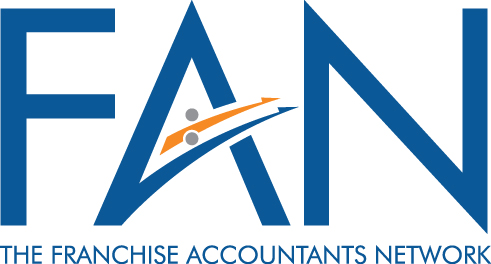Client Events 101
/ Do you want to grow your accounting practice? One of the most effective ways to do this is by hosting regular client events. Of course, client events aren't just for clients - the idea is to attract and invite non-clients who might one day use your firm or refer work to you.
The sort of event we mean here isn't going the footy or cricket, or a concert. What we mean is a function that combines networking with information, and some light food.
Do you want to grow your accounting practice? One of the most effective ways to do this is by hosting regular client events. Of course, client events aren't just for clients - the idea is to attract and invite non-clients who might one day use your firm or refer work to you.
The sort of event we mean here isn't going the footy or cricket, or a concert. What we mean is a function that combines networking with information, and some light food.
Client events of this type can be good for your practice in several ways: not only can they help increase your fee base, they also enable staff to develop their communication skills and teamwork.
Our experience is that an accounting firm will get a lot more out of events than the new clients and goodwill they generate. And of course it doesn't need to be you who puts it all together - look for a team member who would love the opportunity to work on the project.
If you're interested in running a client event, you'll find some tips in this article.
Why run client events?
Client events can be a good way to grow your accounting practice. Not only do they strengthen existing relationships, they can attract those curious "non-clients" who might be encouraged to engage your firm as a result of the event.
But practice growth isn't the only benefit. An event can also help staff develop their skills.
Hosting an event will galvanise your team into action in areas different from the usual routine. You may find the event helps develop teamwork as team members come together in pursuit of a common goal. Some team members may be prompted to improve their own skills in areas such as public speaking, networking or building client relationships. You might even discover hidden talents amongst your team.
Who to invite?
A client event is a brilliant focus for you to expand the firm's database of contacts. Naturally, the guest list for your event should include current clients. But you can (and should) also invite potential clients and other local business people.
However, we suggest you don't stop with clients and potential clients.
Events are also a good way to develop your firm's relationship with people of influence. By 'people of influence' we mean the professionals who may never become clients but who could refer clients to you. People of influence include business bankers, lawyers, financial planners and mortgage brokers.
How to run your event
Here are 7 building blocks we've identified to help you and your team put together a successful client event.
- Decide on the purpose of the event. This includes who you’re running the event for (the target audience), and the theme for the event. Once you know this, you can decide on the topics for presentations, and who you would like to have speak at the event. By the way, when it comes to topics do choose something that would be interesting to clients and others you want to invite.
- Invite speakers. If you're having an outside speaker for the event, be sure to invite them well ahead of time. Let them know the purpose of the event and ask them to speak on the topics.
- Build a database. An event is the perfect opportunity for you to build and tidy up your marketing database.
- Send invitations. There are various ways to send invitations, from simple emails to email marketing tools such as Mailchimp, or event software such as Eventbrite. (Don't forget to include RSVP details). We always send the invitation at least twice, and also send a reminder the day before to people who have registered.
- Organise logistics. This means food, room layout, name tags, handouts, a run sheet, gifts for your speakers and so on. It also includes having one or two people on hand on the day to warmly welcome attendees and keep things running to schedule.
- Show time! Every event is a little different, but we tend to include some of the same basic elements every time. This include a welcome and brief introduction about the practice, time for networking, time to eat (especially if a plated meal is served), and a wrap up. Be sure that people from your firm introduce themselves and mix and mingle with the attendees.
- Follow up. After the event, send a 'Thank You' email to attendees. You might also consider setting up a coffee catch up with some of them.
Planning a client event for your firm? To find out about franchising topics we speak on please contact us

